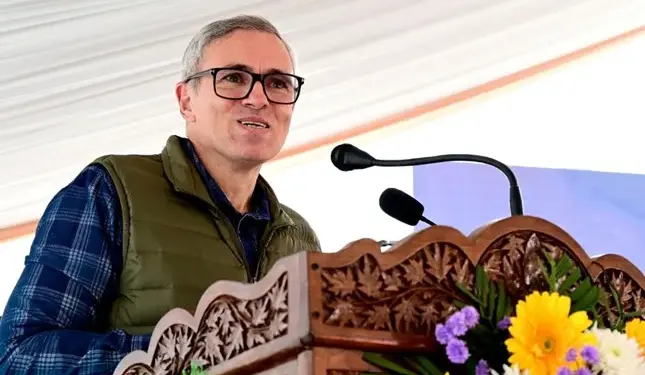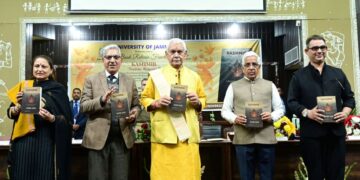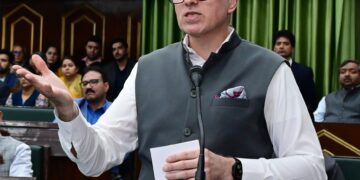Srinagar: The Government of Jammu and Kashmir has approved the “Chief Minister’s Scheme for Introduction of Heritage Courses” aimed at preserving and promoting the rich traditional crafts of J&K through structured vocational education.
As per a Government Order issued by the Department of Skill Development, sanction has been accorded for the continuation and revival of seven heritage craft courses across 25 units with a total intake capacity of 500 students—20 students per unit—across 15 Government ITIs and Polytechnics in Jammu and Kashmir.
Under the scheme, students enrolled in these courses will receive a monthly stipend of ₹1,000, while instructors conducting theory and practical classes will be paid a monthly remuneration of ₹15,000 and ₹12,000, respectively.
The initiative, approved by the Council of Ministers in its meeting chaired by Chief Minister Omar Abdullah was held on October 15, 2025. The decision underscores the government’s commitment to safeguarding traditional skills, encouraging youth participation in heritage-linked livelihoods, and integrating local crafts into modern skill development frameworks, an official press release said.
Commenting on the contours of the scheme, the Chief Minister said the initiative reflects the government’s commitment to preserving Jammu and Kashmir’s centuries-old craftsmanship while creating new avenues of employment for the youth.
“Our heritage crafts are not only a reflection of our cultural identity but also a source of dignified livelihood. This initiative will serve as a bridge between tradition and opportunity,” the Chief Minister observed.
CM approves used water management project for Ganderbal
Chief Minister Omar Abdullah on Thursday approved a used water management project, which includes a Rs 19.99 crore sewage treatment plant for Ganderbal town in central Kashmir.
The Chief Minister, who also holds the portfolio of Housing and Urban Development Department, said the project aims to ensure the scientific treatment of used water to safeguard rivers, protect the environment, and significantly improve public health and sanitation in the area.
Part of the Swachh Bharat Mission (Urban) 2.0, the initiative has been designed in line with the latest technical standards to promote sustainable infrastructure and improve disposal of grey water in urban areas in the shape of reusing it or ensuring its safe disposal.







